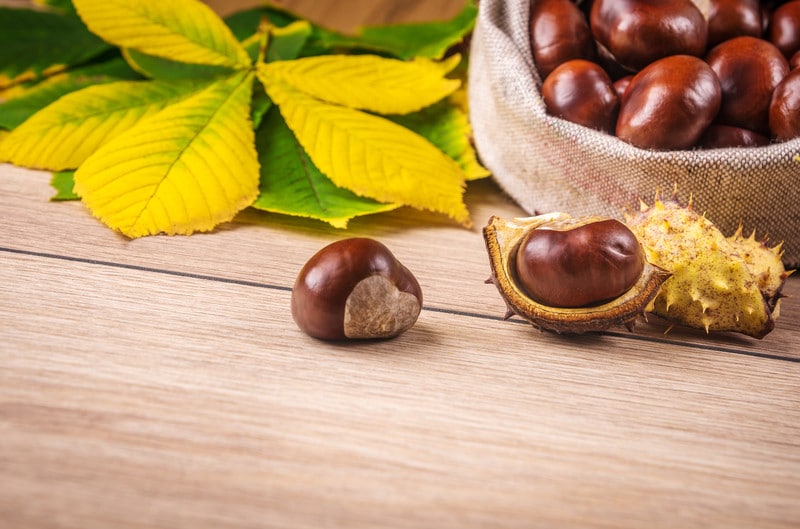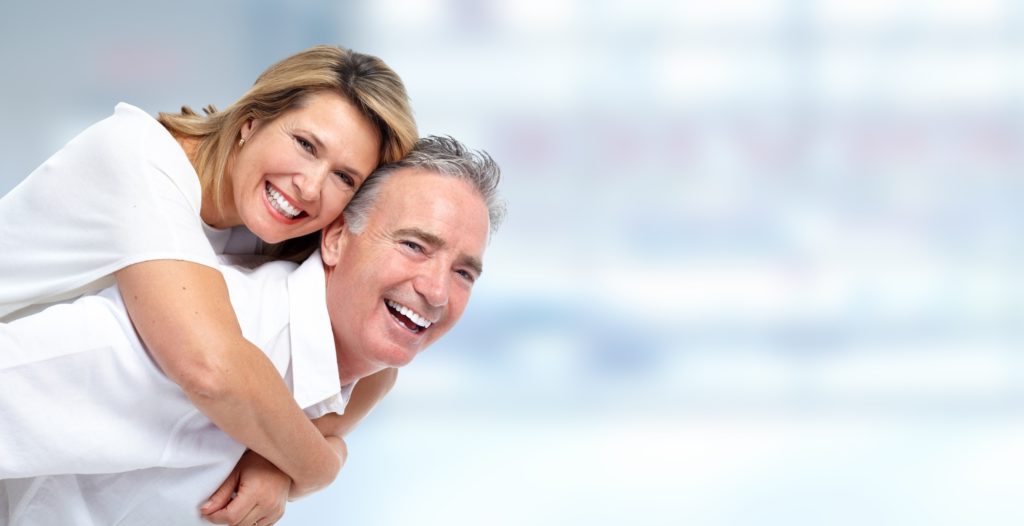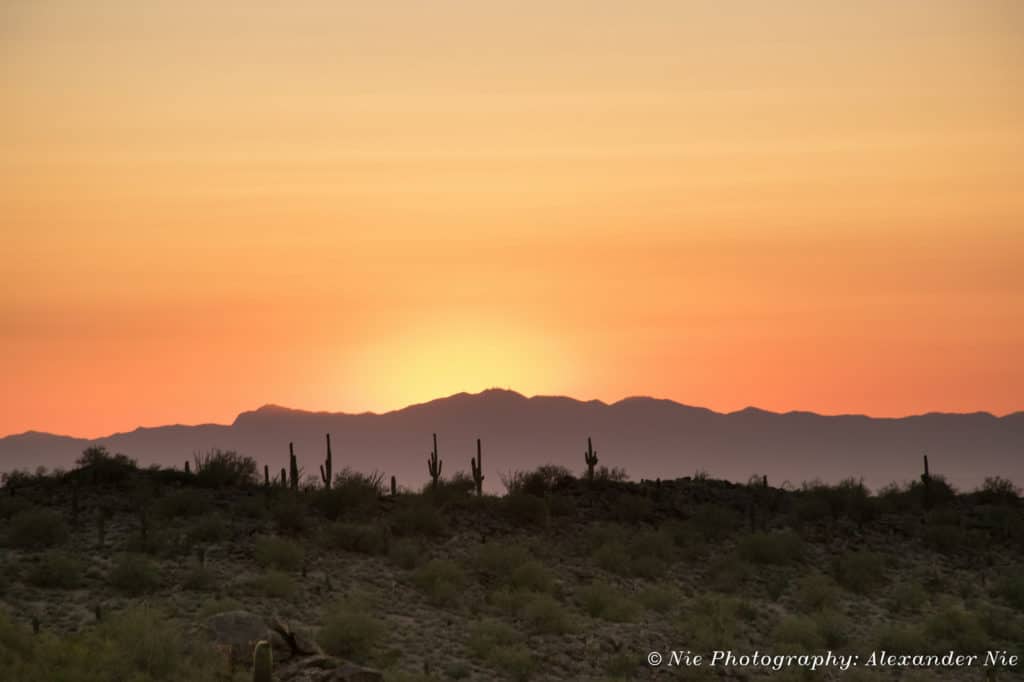How painful is Varicose Vein Treatment?
In the second of this educational video series, Jilanne Rose talks about the pain involved in various Varicose Vein Treatments. In some cases it's negligible!
Transcript
The ease with which we can eliminate varicose veins depends solely on what type of underlying problems you have. That question can’t be easily answered until after a thorough evaluation including an ultrasound. The discomfort that comes along with treatments for varicose veins varies with the type of treatment that you have.
1) With sclerotherapy, which is the least invasive type of vein treatment that is used to treat smaller veins that are closer to the surface of the skin, the discomfort is only with the treatment and that involves injecting them with a solution that causes them to close off permanently. The discomfort is with the needle puncture and you have some slight itching similar to a mosquito bite for about an hour afterwards. Then you don’t have any discomfort with that treatment after that.
2) With a VenaSeal, which is the newest FDA approved procedure, it uses an adhesive to close the larger veins off. With that treatment you have the discomfort with the treatment itself. I have found after doing several of them, most patients do not have any discomfort post procedure, even a few hours after or a few days after.
3) The final treatment is thermal ablation and that uses heat energy to close the veins off from the inside. There are both lasers and radiofrequency closures. With those treatments the discomfort with the procedure comes in the fact that we surround these veins with numbing medicine in order to prevent you from feeling the discomfort of this type of energy. The numbing medicine lasts about four hours and as it wears off most people are stiff and sore for several days afterwards. The best thing you can do for that discomfort is to stay active. The more you are up and moving the less discomfort you will have.
Although there is no cure for varicose veins and venous insufficiency, there are certain varicose vein home treatments you can to help relieve some of the symptoms of aching legs, swelling of legs, itchy legs, leg cramps and restless and heavy legs. Varicose Veins Homeopathic Treatment For those who prefer a homeopathic approach for managing…
Read MoreAre you worried about your varicose veins? A lot of people who have venous insufficiency or vein disease do not realize they have it or how straightforward it is to treat. Symptoms of venous insufficiency or vein disease are progressive and can start as early as your teens and twenties, but will only get worse…
Read MoreCan You Cure Varicose Veins? There are several conservative therapy and management of vein insufficiency options to help with the symptoms associated with varicose veins. None of these methods will prevent or fix the underlying problem. There is no cure for varicose veins or venous insufficiency, once a vein is abnormal (fails to return blood…
Read MoreWhat jobs contribute to getting or worsening varicose veins? When you are in the business of taking care of other people, sometimes you get so busy taking care of them that you forget to take care of yourself. People with active lives and active legs, like fire fighters, paramedics, nurses, police officers, teachers, flight attendants,…
Read MoreCauses of Varicose Veins During Pregnancy There are a number of reasons why women get varicose veins during pregnancy. First, the volume of blood circulating in the body increases to help support your growing baby. However, veins don’t have a way to accommodate the extra volume so sometimes the veins bulge, itch, are painful to…
Read MoreWhat is a Vein Specialist? When the venous system becomes incapable of doing its job effectively, that is when a vein specialist is at their best. A vein specialist is a medical provider whose main focus is the treatment and management of venous disease. Vascular medicine is composed of two different systems, arterial and venous.…
Read MoreCan I Use Essential Oils For Varicose Veins? Essential oils can help to temporarily alleviate symptoms associated with the underlying problem of varicose veins, but they do not prevent, treat, or cure venous disease itself.
Read MoreThere are several treatments available for painful varicose veins According to recent studies, 50 to 55 percent of women and 40 to 45 percent of men in the United States suffer from some type of vein problem. Varicose veins affect half of people 50 years and older, typically found on the thighs, inside the leg,…
Read MoreHigh Temperatures Will Irritate Varicose Veins As hot as it gets in Arizona, we can’t blame the sun for our varicose veins or spider veins as it is not the cause. However, our hot Arizona summers do cause diseased leg veins to get worse, as do hot tubs, heating packs, and prolonged hot baths. Warmer…
Read MoreDoes smoking cause varicose veins or spider veins? The noxious chemicals in cigarettes can do serious damage to your veins and arteries, whether you use tobacco products on a day-to-day basis or on occasion. The signs of damage from smoking often shows up in our vein center patients through the development of spider veins…
Read More


